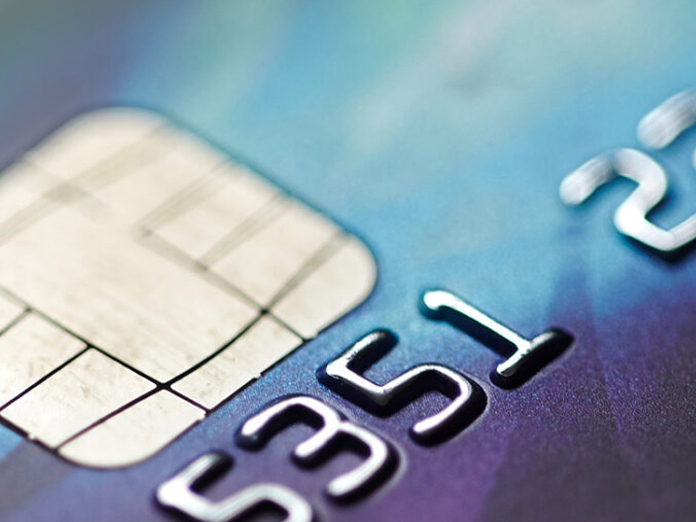
As the gift-giving season approaches and shoppers start to plan out their online shopping strategies, cybercriminals begin ramping up their activity. Some of us have learned, the hard way, that the holidays have a way of bringing out individuals who happily profit by preying on others. Thieves are generally after two things: money and things they can turn into money, including gaining access to your private information.
Phishing is a scam that uses email to deceive you into disclosing personal information. Cybercriminals send thousands of emails, hoping to trick individuals into falling for their scams. For example, an email may appear to come from River City Bank, but it does not. It may sound urgent and warn you to update or verify your bank information by clicking on the link contained in the email. These emails are fake and do not come from River City Bank. No bank, including River City Bank, will ever ask you to provide confidential banking information through an email or link.
Phishing Examples and What You Should Do:
The criminal sends an email purportedly from a member of your business or one of your suppliers and requests you to wire funds. Before you react, pick up the phone and obtain verbal verification from your contact using the phone number you have on file, not one that may have been provided by the criminal.
If you get an email that warns you that an account of yours will be shut down unless you reconfirm personal information, or that the bank is “missing” information about your account, do not reply or click on the link in the email. To confirm if a River City Bank email solicitation is legitimate, please call our Customer Service Center at (916) 567-2899.
For additional security tips, how to limit unwanted calls and emails, and recent scam alerts, visit the Federal Trade Commission’s website dedicated to consumer protection at www.consumer.ftc.gov.
Again, keep in mind that River City Bank will never ask for your personal information by email or text. Your personal and financial security is our top priority. Should you have any questions or concerns regarding your account information or communication you have received from River City Bank, please do not hesitate to reach out to a customer service representative at (916) 567-2899 or (800) 564-7144.











